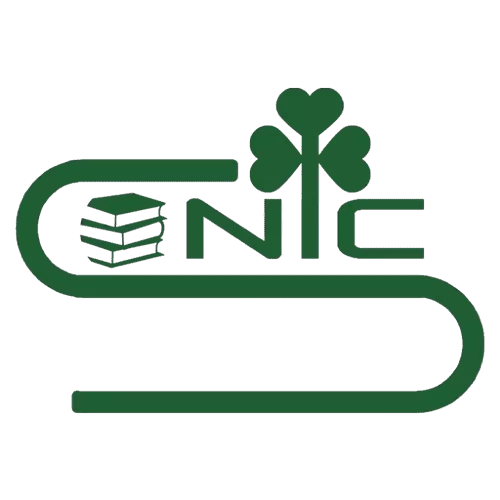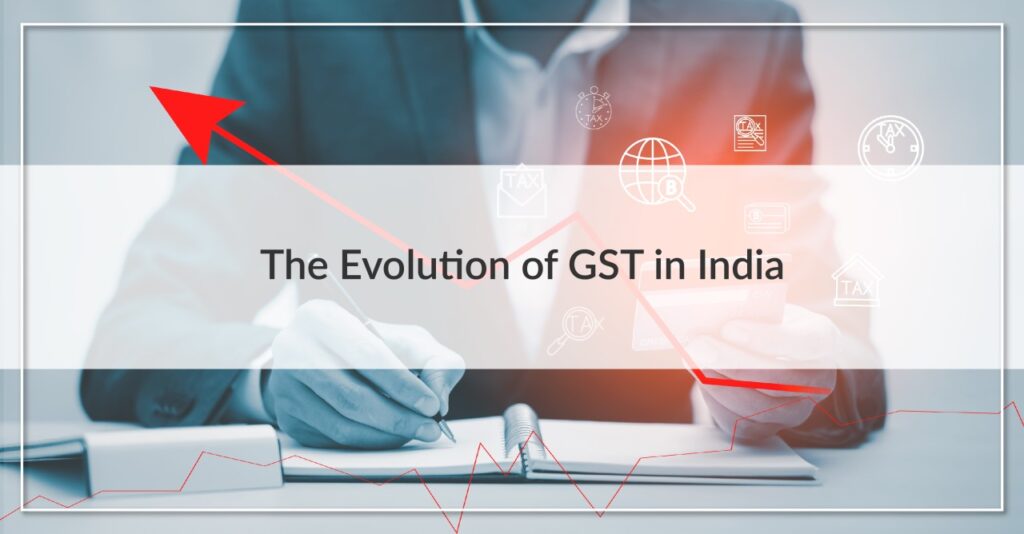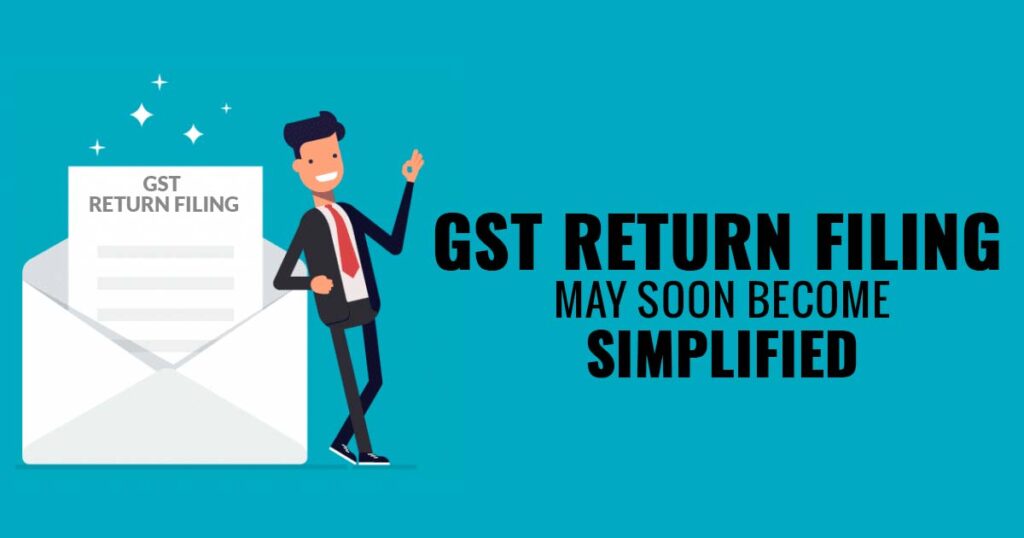Reverse Charge Mechanism in GST
The Reverse Charge Mechanism (RCM) under India’s Goods and Services Tax (GST) framework is a critical concept that shifts the responsibility of tax payment from the supplier to the recipient of goods or services. This blog delves into the RCM in GST, its applicability, and how Sonic Software simplifies compliance for businesses.
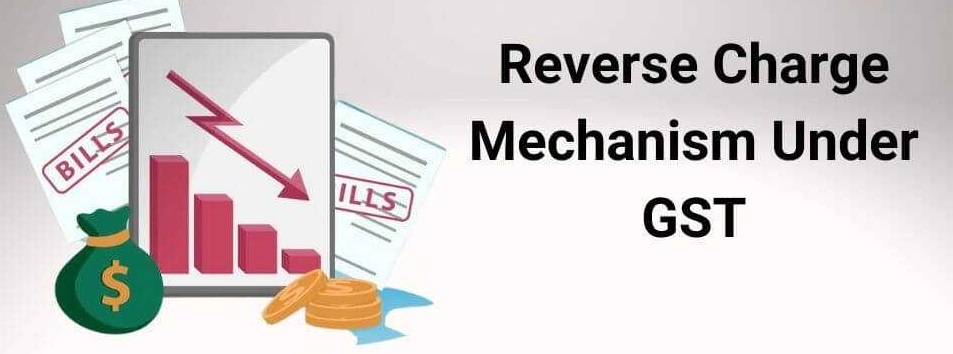
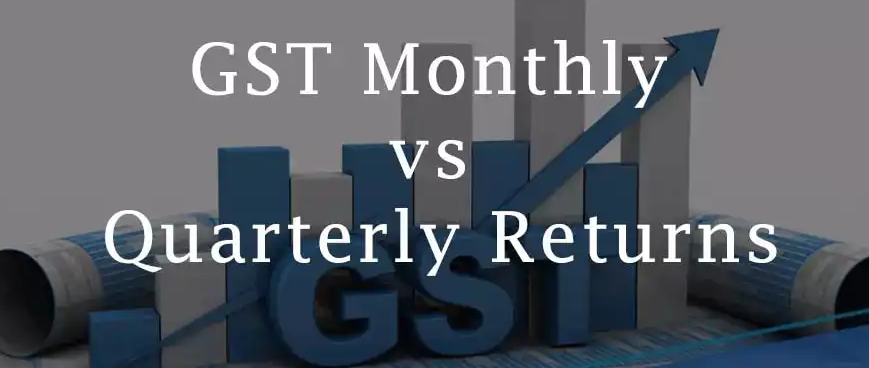
When Does RCM Apply?
Notified Goods and Services
The GST Council notifies certain goods and services under RCM. Examples include cashew nuts, silk yarn, legal services, and certain freight services.Unregistered Suppliers
If a registered recipient procures goods or services from an unregistered supplier, the recipient must pay GST under RCM.Import of Services
When services are imported from a supplier outside India, the recipient in India is required to pay GST under RCM.E-Commerce Transactions
E-commerce operators must pay GST for certain transactions conducted through their platforms.
Key Compliance Requirements Under RCM
- Self-Invoicing: The recipient must issue a self-invoice for transactions under RCM.
- Tax Payment: GST must be paid directly to the government by the recipient.
- Input Tax Credit (ITC): The recipient can claim ITC for the tax paid under RCM, subject to eligibility.
- Detailed Record-Keeping: Maintain accurate records of RCM transactions for audit and compliance purpose
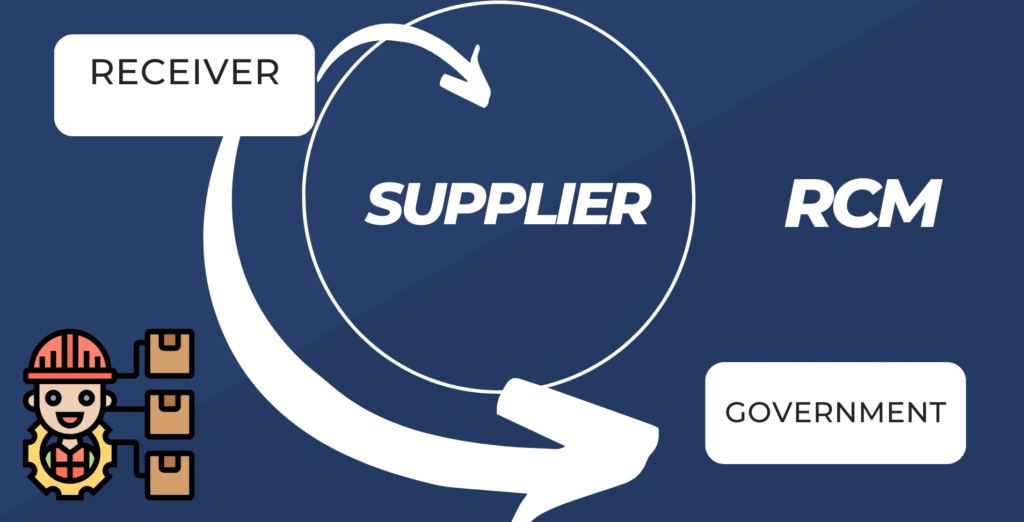
Key Features of RCM
- Tax Liability: The recipient is responsible for paying the GST to the government.
- Self-Invoicing: The recipient must generate an invoice for RCM transactions.
- Input Tax Credit (ITC): The tax paid under RCM can be claimed as ITC, subject to conditions.
- Applicability: RCM is applicable only for certain goods, services, or specified circumstances.
Challenges with RCM
- Increased Compliance Burden: Additional tasks such as self-invoicing and detailed record-keeping.
- Risk of Errors: Incorrect classification of transactions may lead to penalties.
- Cash Flow Impact: Immediate payment of GST under RCM can affect business cash flow.
Comparison between Reverse Charge and Forward Charge under GST
| Basis | Reverse Charge | Forward Charge |
|---|---|---|
| Assessment | The recipient has to self-assess the tax and the supplier will not charge GST in the invoice | The supplier has to assess the tax and transfer ITC to the recipient |
| Payment to Government | The recipient is liable to make payment to the Government | The supplier is liable to make payment to Government |
| Registration | The recipient has to register under GST | The supplier has to register under GST |
| Due date of Payment | Monthly | Monthly |
| Mode of Payment | By using Electronic Cash Ledger, the recipient cannot use their electronic credit ledger for payment of GST on such supply, but after payment of GST under RCM, they can take an input tax credit as per the provisions of ITC | By using: – Electronic Credit Ledger – Electronic Cash Ledger |
Frequently Asked Questions (FAQ)
Sonic GST Billing Software is among the top choices in Surat for textile, retail, diamond & wholesale businesses because it is cloud-based, GST compliant, and easy to use.
Yes, the software is widely used in Surat’s textile industry for GST invoices, stock tracking, and order management.
Absolutely. Sonic Software is fully GST-compliant and updated with the latest rules.
Yes. Our billing software is customized for Surat’s diamond and jewelry market with pricing and GST modules.
The software is cloud-based and works on desktop, laptop, and mobile anytime, anywhere.
Yes. We provide full support in Surat, including training, setup, and regular updates.

